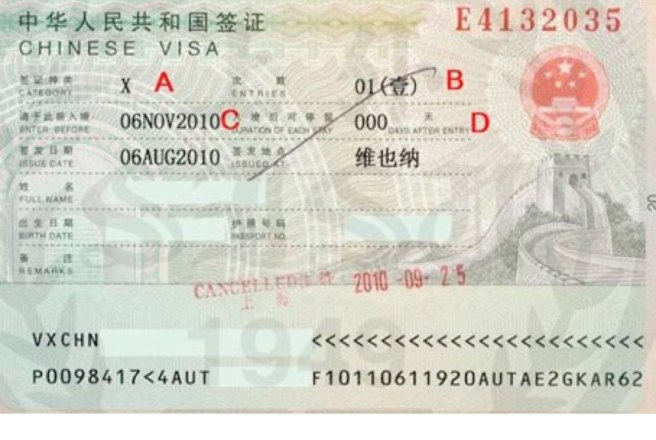
After much speculation, news recently broke about definitive changes to the working visa for foreigners wishing to work and live in China.
The government has revised the procedures and created an Integrated Work Permit in an effort to simplify and also unify the process, which has to be good news.
Although things have become easier in many aspects over the last few years, generally speaking there are still many grey areas open to interpretation by different provinces and government departments. In addition, many foreign workers feel that the rules are too strict with no room for exceptions.
In recognition of creating a fairer, more level and easier to access platform, the new Visa rules are initially being trialed across major areas such as Beijing, Sichuan, Guangdong and Shanghai before being extended to the whole of the country at a later date, assuming the success of the pilot project. It’s expected that the unified foreigner’s work permit system will become effective across China from April 1 2017.
Previously and at the time of writing there are two visas, the Foreigner Employment Permit and the Foreign Expert Work Permit, which cover foreigners working in China however, within those visas are a myriad of complicated rules and regulations which can be misinterpreted. With these new rules the two certificates will be no longer be distanced,instead they’ll essentially becoming one.
The full declaration is a little confusing in places however I’ve found a couple of English speaking Chinese websites which break it down, so I’ll be using them as my source.

It All Begins on November 1 2016
This is when the government classifies foreigners who wish to work in China in three categories instead of the multiple ones used previously.
These categories are;
Class A: Top professional, innovative and creative talent. High end personnel.These talents will be encouraged. The paperwork for applying for this visa has been greatly reduced along with the response time.
Class B: Teachers, managers, technicians and other professionals who fit in with China’s economic development plans on a short term basis. These talents will be controlled.
Class C: Unskilled, seasonal or service industry workers whose intake will be strictly limited.
Visas for students and those wishing to set up a business remain unchanged.
In order to determine which Class is most suitable for applicants, points will be assigned according to salary, education level, Chinese language ability, skills and age. 85 points must be achieved to qualify for Class A, a minimum of 60 for Class B and fewer than 60 for Class C.
The changes have been generally hailed as good news by most expats.
So, if you’re hoping to live and work in China for a while and want the most hassle free route, aim for a Class A or a Class B visa.
Good luck!
Refs: Guide In China. Expats Express
For more reading on this, written previously to these new rules but still holding a lot of relevance, check out my article on Hub Pages; https://wanderwisdom.com/travel-destinations/Which-Visa-Do-I-Need-To-Live-And-Work-In-China






























